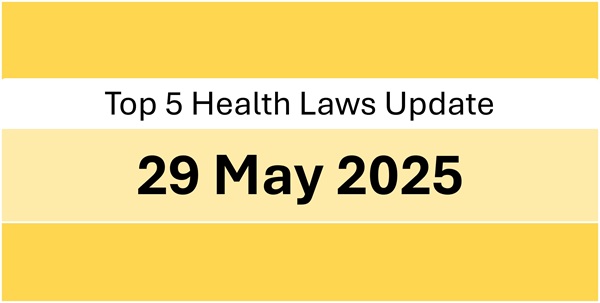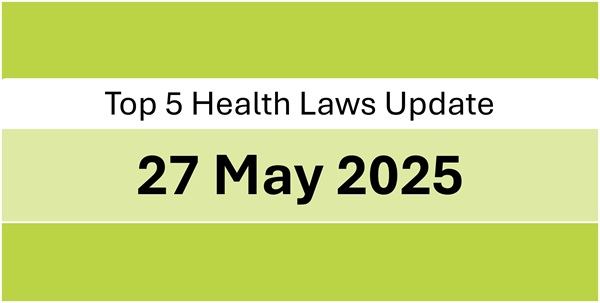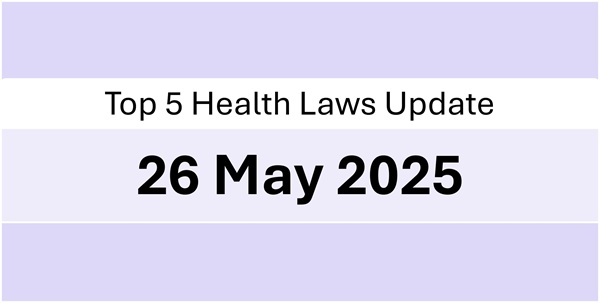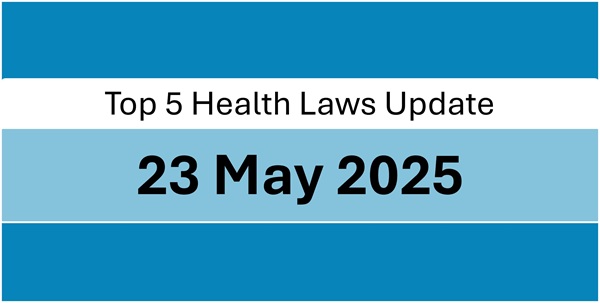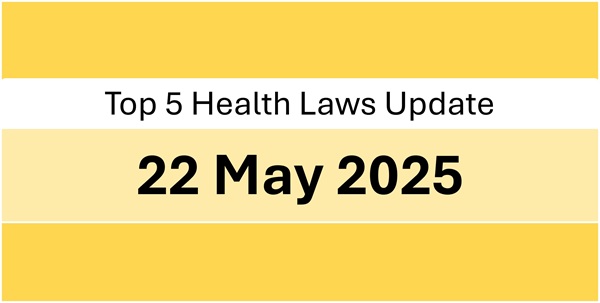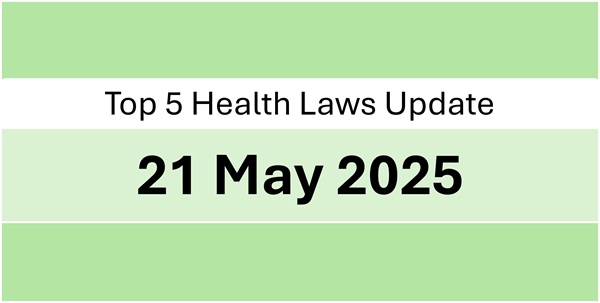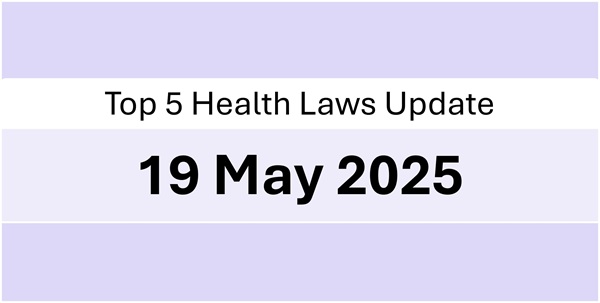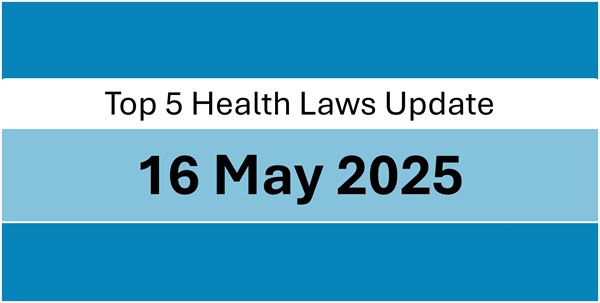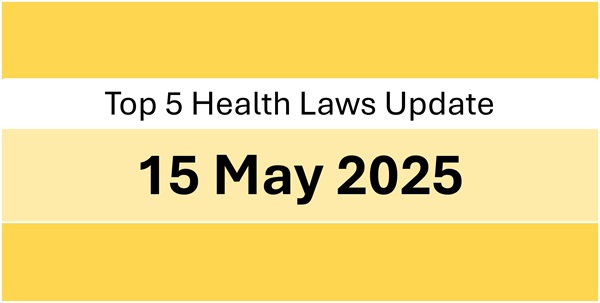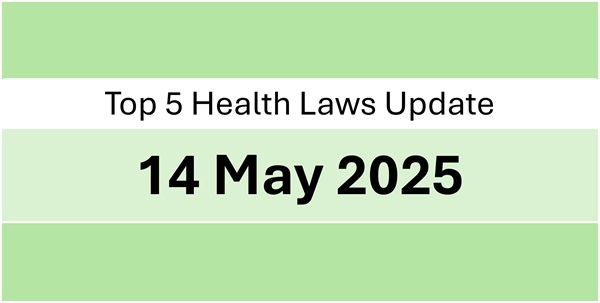Dear Readers, we are happy to share the most interesting legal and policy updates concerning health industry that we read today. we hope you enjoy reading it.
1. India’s Central Drugs Standard Control Organization clarified that labelling, overprinting, or stickering is strictly permitted for imported drugs. These activities require a valid manufacturing license, appropriate facilities, and adherence to labelling norms. Original labels must remain visible to maintain regulatory transparency and ensure clear identification of modifications and responsibilities.
Source: bit.ly/4kjfBYw
2. The Himachal Pradesh High Court held that vicarious liability for supplying substandard drugs requires proof that an individual was responsible for the company’s operations. Without such evidence, partners cannot be held liable, and only the company itself can be prosecuted for manufacturing or selling defective drugs.
Source: bit.ly/3Hfap9o
3. India’s Ministry of Health has released draft Drugs Rules proposing mandatory testing for bacterial endotoxins or pyrogens in injectable drugs. The rules require drug sales to be supervised by a competent person, with timely reporting of any changes. Exemptions apply to non-antimicrobial drugs used in food and beverage manufacturing. Feedback from stakeholders invited by June 30, 2025.
Source: bit.ly/4jomruw
4. West Bengal’s Drugs Control Administration mandates wholesalers and retailers to verify QR codes on top-selling brands and ensure purchases through authorized channels, aiming to curb counterfeit drug circulation.
Source: bit.ly/4krbkCj
5. The Bureau of Indian Standards (BIS) seized products worth ₹90 lakh from a Bengaluru warehouse for allegedly using the ISI mark without authorization, raising concerns for compliance in product sourcing and labelling across industries.
Source: bit.ly/4jppfr4

